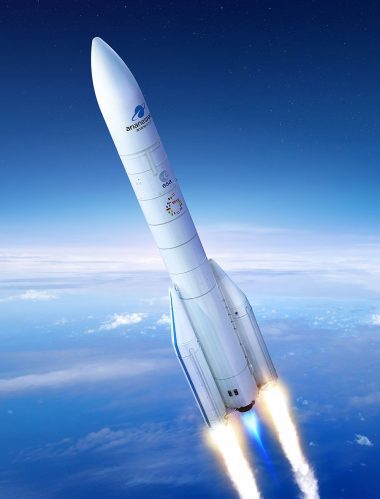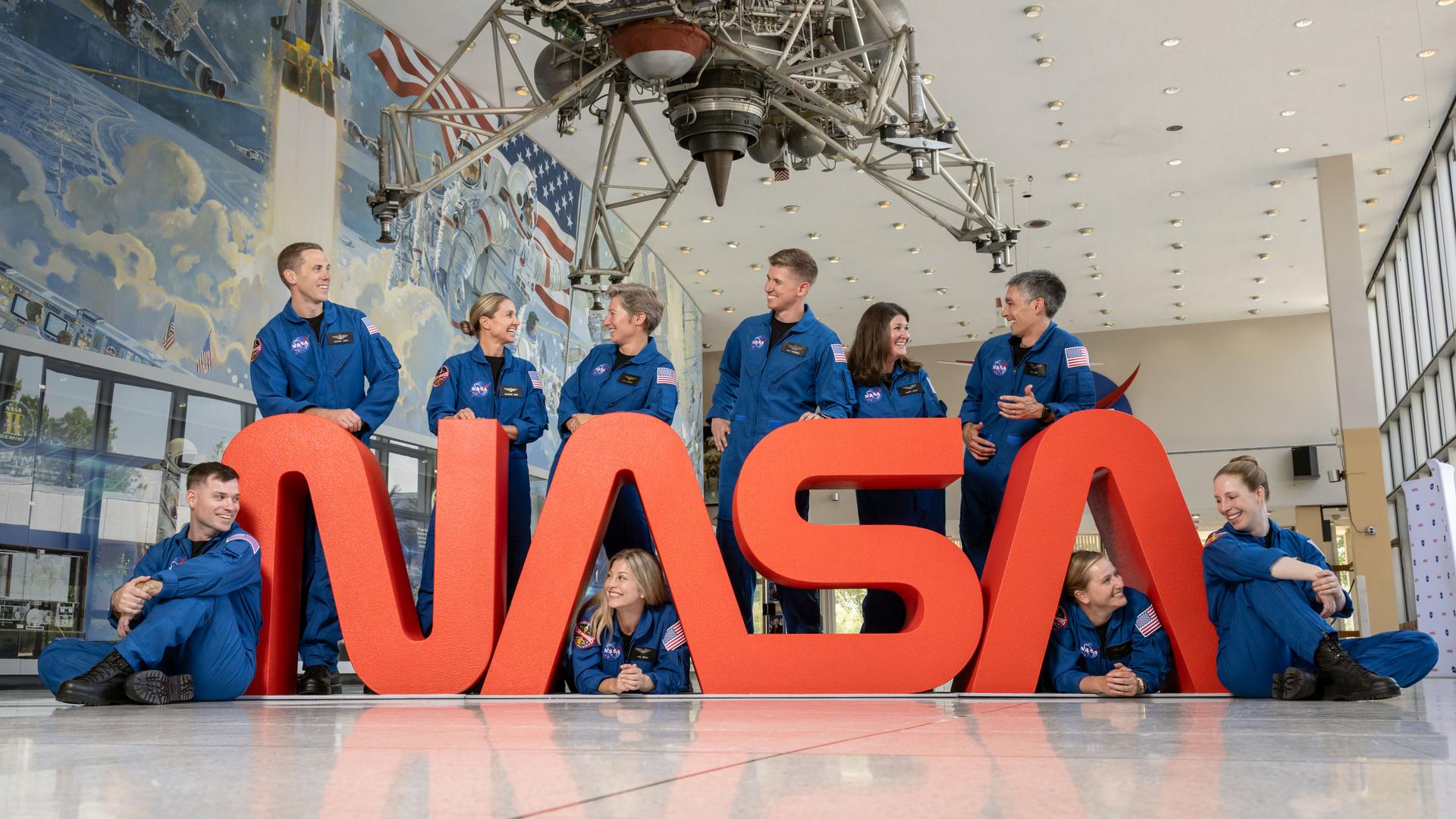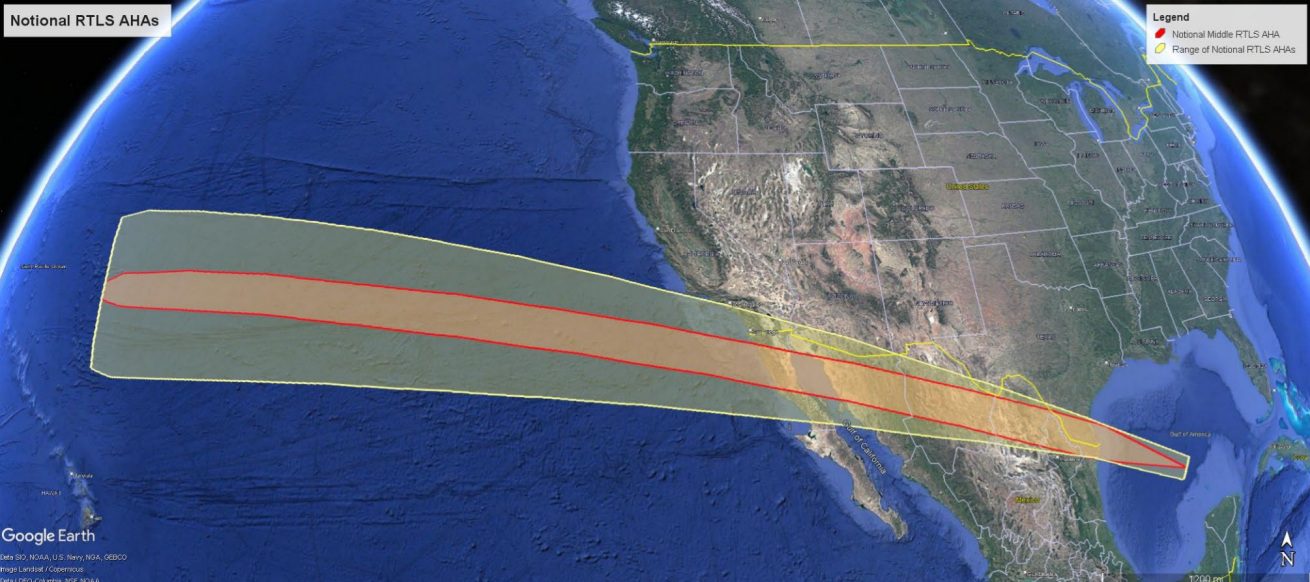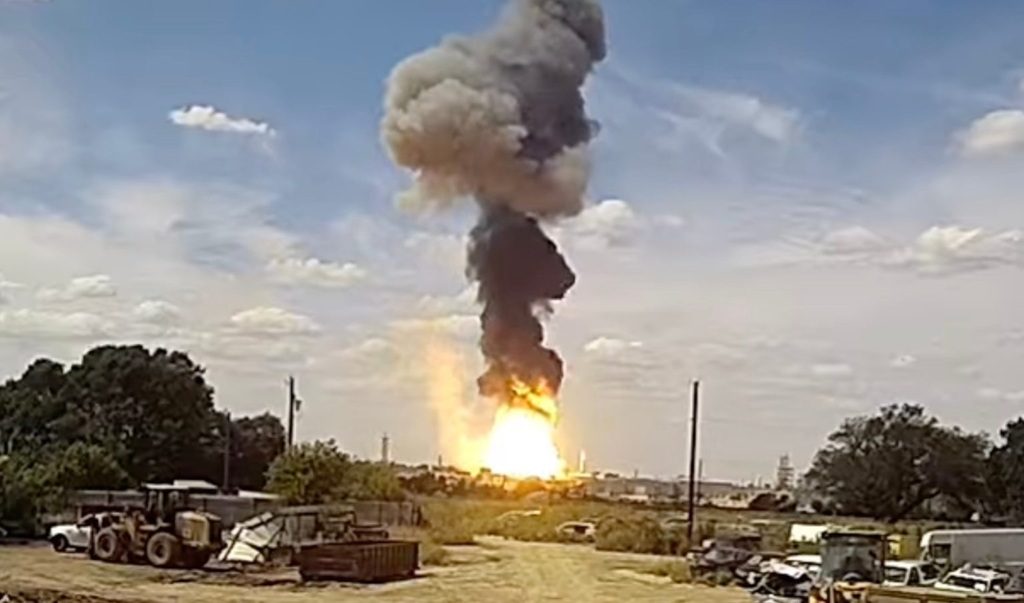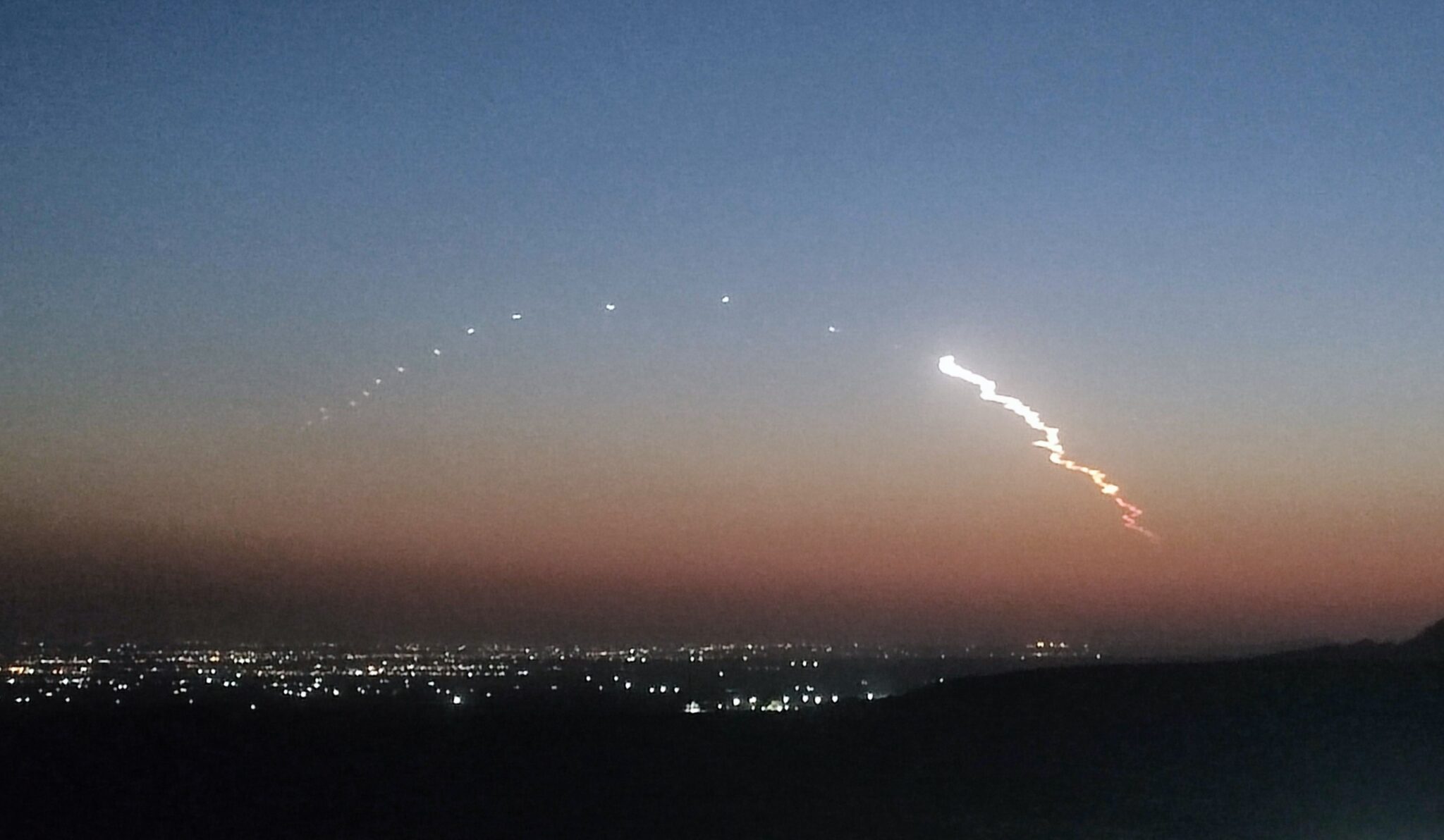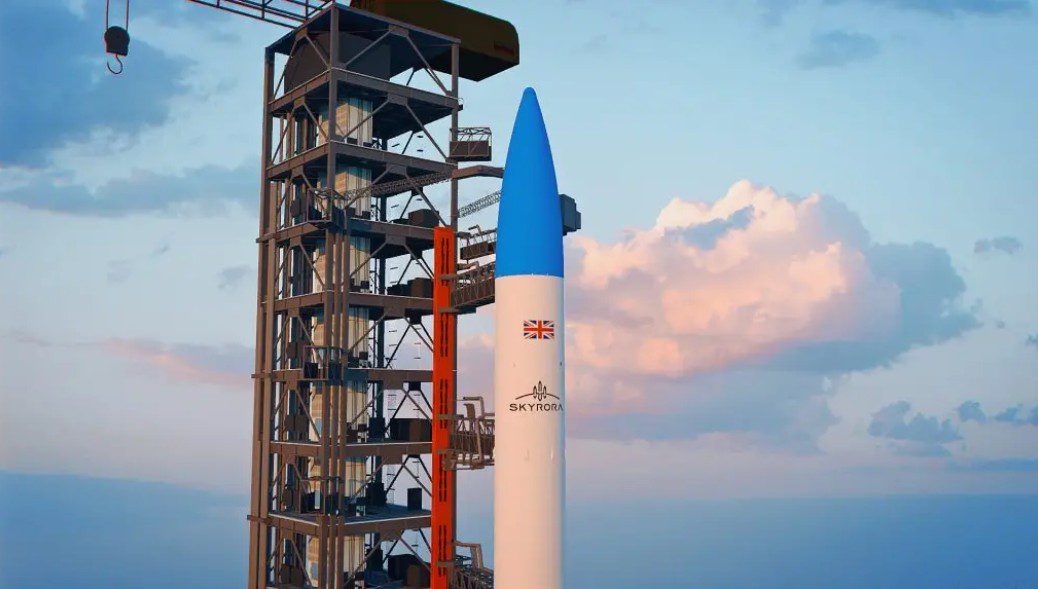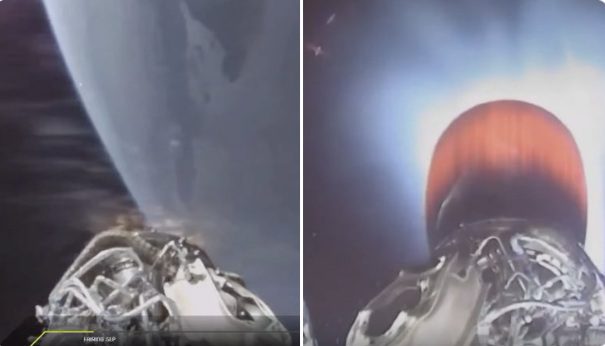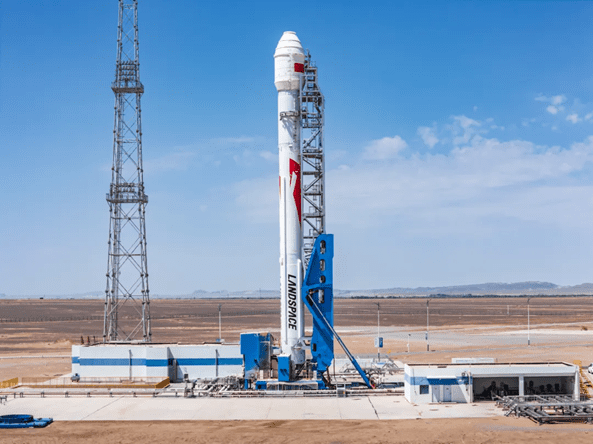Arianespace got the year off to a good start thanks to an announcement by the European Space Agency (ESA) and the European Union Agency for the Space Programme (EUSPA) confirming plans to carry eight additional Galileo satellites. Arianespace will launch the first two additional satellites later in 2022 on a Soyuz ST-B/Fregat MT from Sinnamary, part of the Guiana Space Centre (CSG) in French Guiana. Ahead of that, in the first half of this year, Arianespace is due to launch another pair of Galileo satellites on a Soyuz from an earlier order.
Then, three successive launches are planned on Ariane 62 in 2023, 2024 and 2025 from Kourou (also part of the CSG). With this order, EUSPA takes over the role of placing launch services contracts for Galileo from ESA, which has acted so far on behalf of the European Commission and will continue to be the technical authority for these launches.
This follows ESA’s order for the launch of four satellites in October 2021 and will complete the deployment of first-generation Galileo satellites.
Separately, Arianespace also announced an order from SITAEL on behalf of the Italian Space Agency (ASI) for one launch on its small Vega and one on the slightly larger Vega-C, with both to take place between 2022 and 2024. The Italian PLATiNO 1 X-band Synthetic Aperture Radar (SAR) satellite and PLATiNO 2 optical/thermal Earth observation satellite, using electric thruster technology, will be launched on a Sun-synchronous orbit.
The PLATiNO platform has been developed by a temporary consortium established between SITAEL, Leonardo, Thales Alenia Space (a joint venture between Thales, with 67%, and Leonardo, 33%) and Airbus Defense and Space. The joint effort has been designed to support a wide range of missions in different operational scenarios, from Earth observation to telecommunications and scientific missions.

